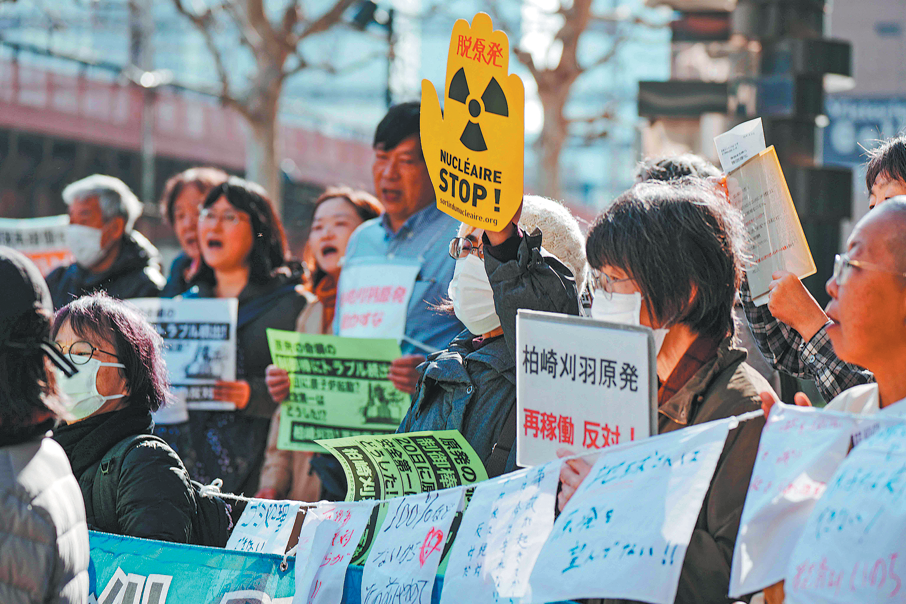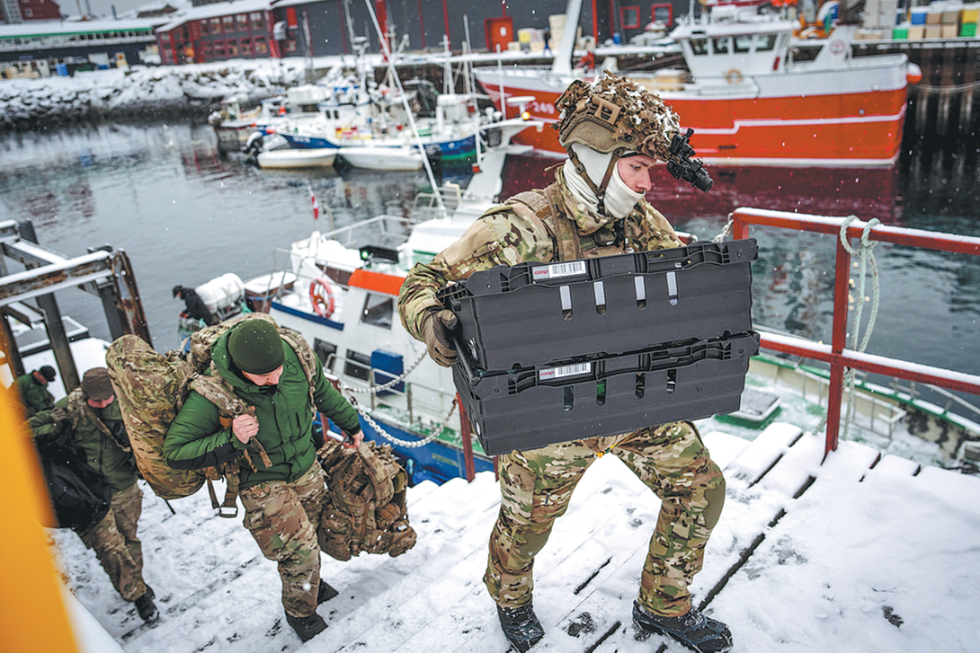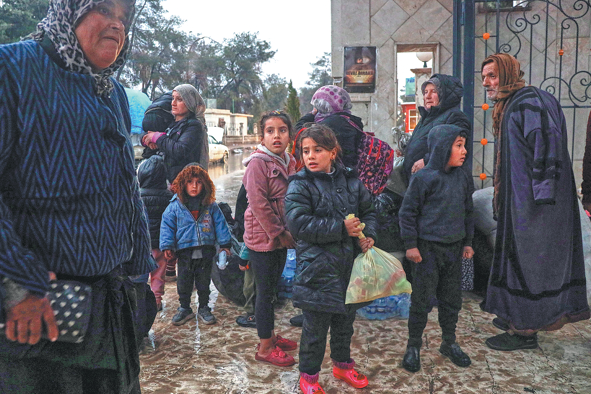Foreign workers still needed, insists Scholz


Germany's Chancellor Olaf Scholz has repeated his defense of his government's migration policy and stressed the need for the country to continue to attract skilled overseas workers, as the topic becomes an increasingly dominant issue in the country's political discourse.
A stabbing attack by a failed asylum seeker from Syria at the end of August that left three people dead raised public concern about immigration. And the far-right Alternative for Deutschland party, or AfD, is continuing to make political ground by campaigning heavily on the issue of migration control.
Scholz's three-party coalition government comprising the Social Democrats, Greens, and Free Democrats recently held talks with political opponents to try and find common ground over the topic, but the opposition Christian Democrats, or CDU, said it would not take part in any more meetings.
"There is no country in the world with a shrinking working population that has economic growth. That is the truth we are confronted with," Scholz told members of the country's parliament, the Bundestag.
But while continuing to stress the importance of welcoming outsiders, he also made it clear that there must be tighter controls than those employed by previous governments.
"We are a country that offers protection to those who are politically persecuted, who are running for their lives, who have to save their lives, and that is in our Constitution and we are not putting that up for debate," he said. "Openness to the world is, therefore, necessary. But openness to the world does not mean that anyone who wants to can come. We must be able to choose who comes to Germany. I say that quite explicitly here."
Scholz accused opposition groups, including the CDU, of "sloganeering, not getting anything done", and he said the party was seeking to make publicity out of the issue without trying to resolve it.
CDU leader Friedrich Merz said Scholz's proposals lacked substance, "and that is why we are not entering into an endless loop of talks with you".
But Scholz replied: "We will never slam a door, you can always come back (to discussions)."
At the same time as calling for tougher measures, however, Merz did concede that Germany needs to welcome outsiders for its economic and social health.
"Germany must remain an open and foreign-friendly country," he said, and, wary of the rise of the AfD, he added that the CDU stands "clearly and unequivocally against all forms of xenophobia".
Recently, Germany has introduced more controls at its frontiers with fellow European Union member states Poland and Czechia, and also non-EU country Switzerland, in addition to controls that have long been in place at the frontier with Austria.
Next week, more frequent checks will also be introduced for people arriving on land from neighboring Belgium, France, Denmark, Luxembourg, and the Netherlands, and the country's Interior Ministry reported that the new measures have already seen more than 30,000 people refused entry.































